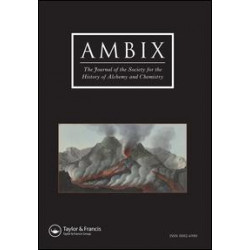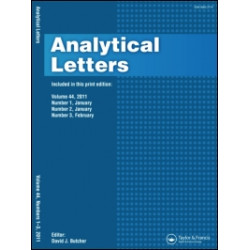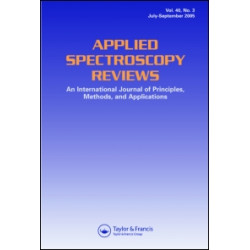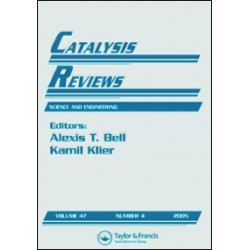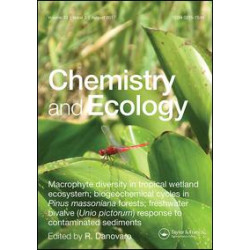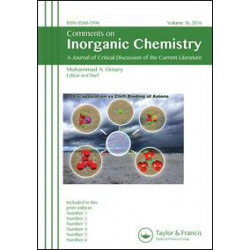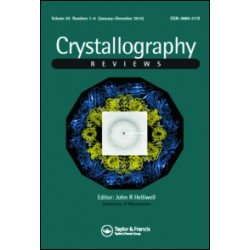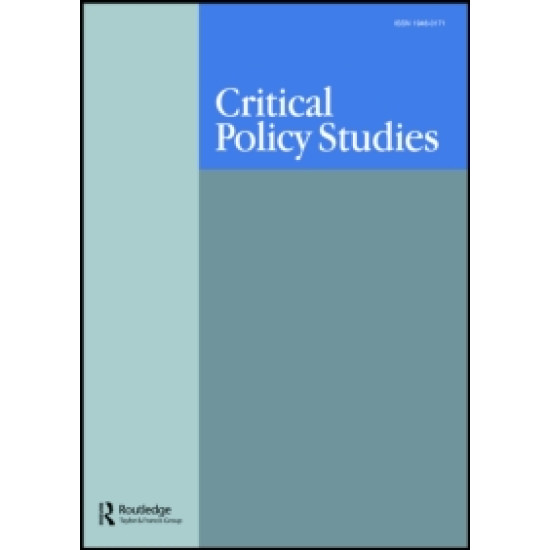
Critical Policy Studies brings contemporary theoretical and methodological discussions, both normative and empirical, to bear on the understanding and analysis of public policy, at local, national and global levels. The journal offers a unique forum for researchers, policy-makers and practitioners to challenge established accounts of policy-analytic methods, to explore alternative approaches to policy-making, and to promote democratic governance. To this end, the journal concentrates on the relation of political and policy theory to specific practices of governance, in particular as they pertain to democratic governance, participatory practices, social justice and general public welfare. This necessitates an emphasis on the interplay between qualitative and quantitative modes of inquiry. The journal thus moves beyond narrow empirical approaches to pay special attention to interpretive, argumentative, discursive approaches to policy-making.
Peer Review
All articles that appear in Critical Policy Studies have been subjected to rigorous peer review. Submissions to the journal undergo an initial editor screening and, where it is decided to pursue the possibility of publication, are reviewed by two referees to whom the identity of the writer is not revealed. Where articles engage with the work of one or more of the editors themselves, referees are chosen not by the latter, but by another editor or member of the editorial board. This screening and refereeing process applies to all texts published in CPS except editorial introductions, comments on articles previously published, book reviews and book notes.
The journal is indexed in Elsevier's Scopus database. 2017 Scopus metrics are as follows:
CiteScore: 1.24
Source Normalised Impact per Paper: 0.500
SCimago Journal Rank: 0.762







